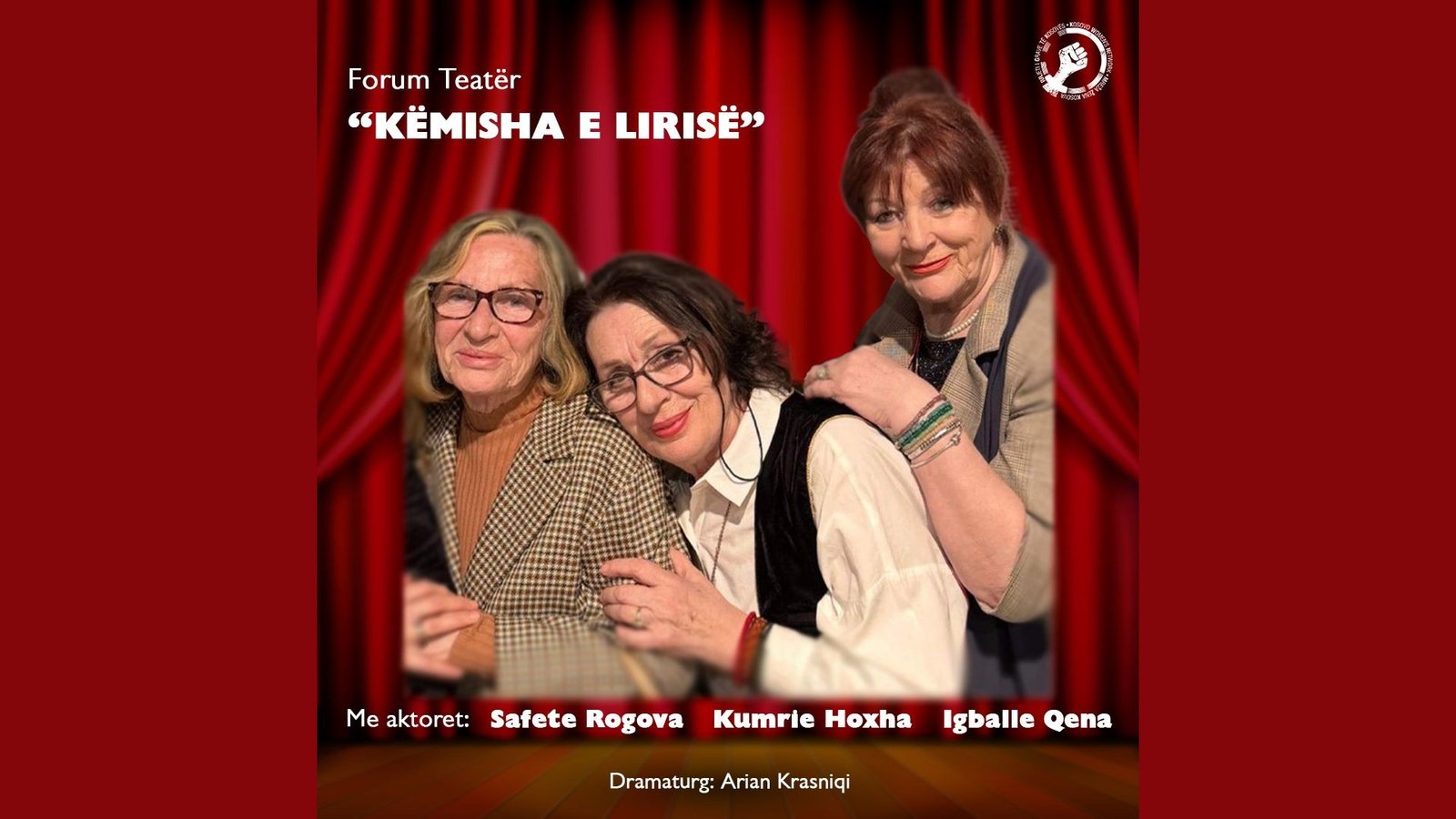Voter turnout and political candidates are usually analyzed when assessing women’s participation in elections and political processes. The International Foundation for Election Systems (IFES) has launched a new report that instead analyzes the participation of women in election commissions, polling station commissions and polling center management.
Ultimately, the report highlights the lack of women’s participation in all levels of elections, not just as political candidates. This marks the second time a similar report is published; the first was launched after the 2010 elections.
Some of the findings of the report include:
- Women comprised a small proportion of elections staff, particularly among management positions.
- The percentage of field positions in the Municipal Election Commissions, Polling Station Commissions and Polling Station Managers has slightly increased from 17% in 2013 to 20% in 2014.
- Similar to the 2013 elections, the proportion of election staff who are women is significantly higher in the four northern municipalities than the average for Kosovo.
- Of the major political entities involved in the 2014 elections, the Democratic League of Kosovo (Lidhje Demokratike e Kosoves – LDK) nominated the lowest proportion of women to municipal and polling stations election staff positions at 11%. Further, LDK had no women representatives on Municipal Election Commissions.
- Of the major Albanian political entities, the New Kosovo Alliance (Aleanca Kosova e Re – AKR) nominated the highest percentage of women to municipal and polling station election staff positions at 28%, followed by the Self-Determination Movement (Levizja Vetevendosje – LVV) at 24%.
After the presentation, Ismet Kryeziu, Executive Director of the Kosovo Democratic Institute, reflected on the results, stating, “Political parties have not managed to develop internal democracy and have not succeeded in promoting diversity within their parties. As the results of the report show, they have not been able to surpass patriarchal norms.”
Further, following the launch of this report, IFES wants to initiate an advocacy campaign to improve the perception of women in politics. This will be done with support from local civil society organizations.
The research and publication of the report was supported by USAID.




